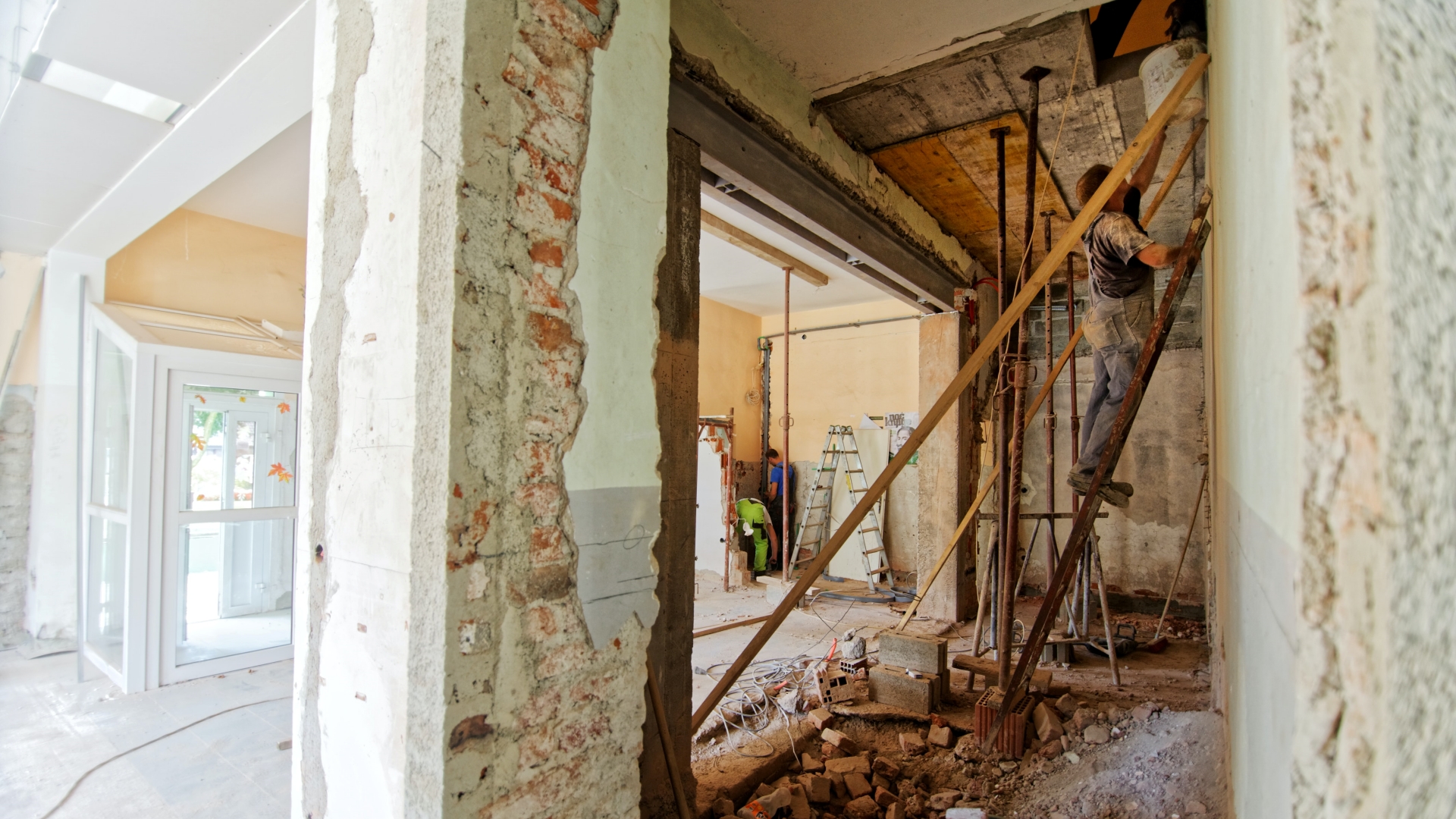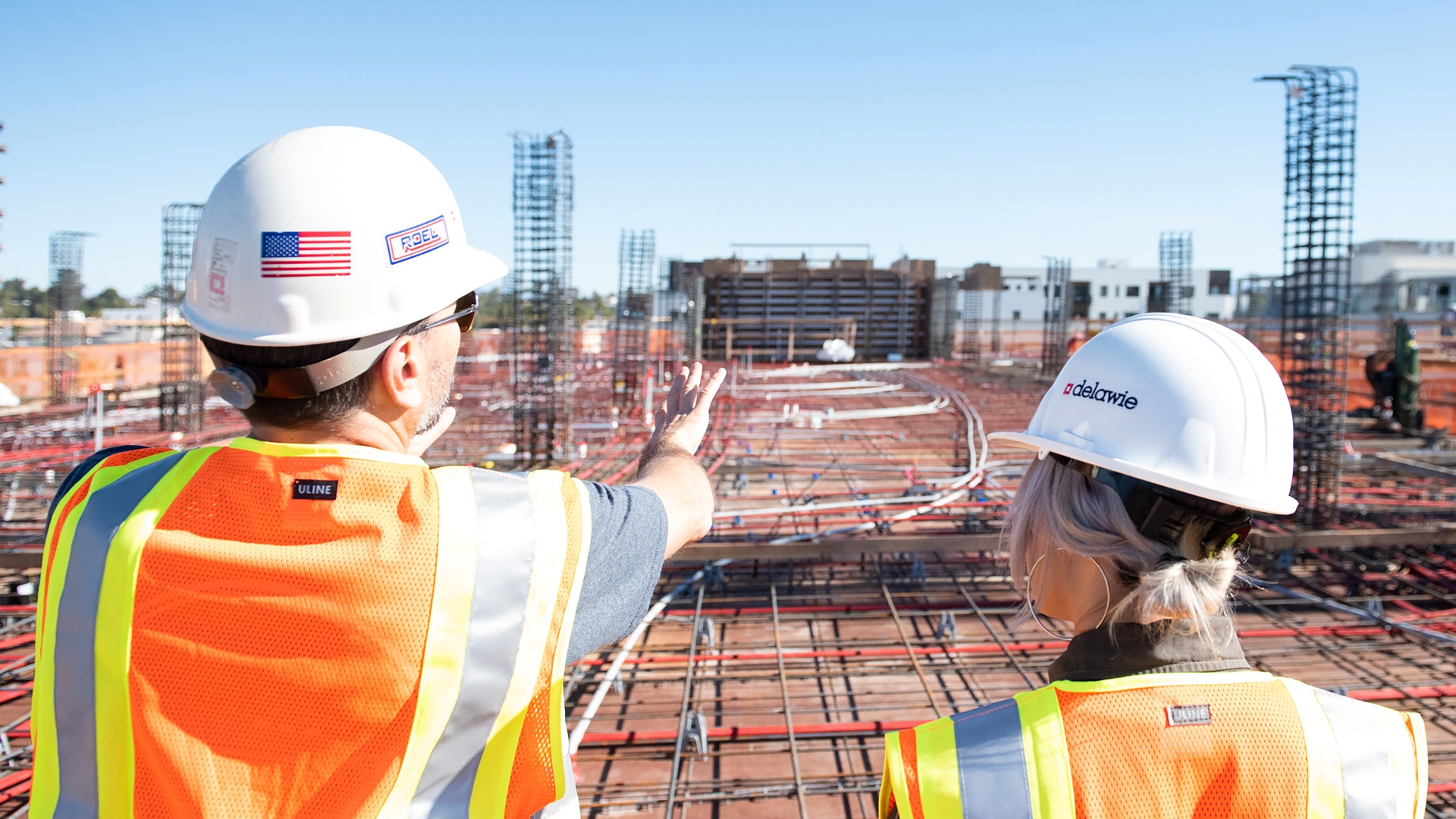Property development is a complex and rewarding process that requires careful planning, management, and execution. It involves transforming raw land or existing structures into profitable and valuable assets. In this article, we will explore the basics of property development, including its benefits, challenges, and essential steps to succeed.
The Benefits of Property Development
Property development is a lucrative industry that offers a range of benefits to investors, developers, and communities. As explained by the team behind Hall Property Solutions, one of the primary advantages of property development is the potential for high returns on investment. By acquiring land, developing it, and selling or renting out the finished product, developers can generate substantial profits. Property development also contributes to the economic growth of the surrounding community by creating jobs, attracting businesses, and boosting property values.
The Challenges of Property Development
Despite its potential rewards, property development also presents several challenges. One of the most significant obstacles is the complex and often lengthy process of securing financing, permits, and approvals from local authorities. Developers must also contend with changing market conditions, construction delays, and unexpected costs, which can affect the project’s timeline and budget. Additionally, property development can have significant environmental impacts, such as land degradation, pollution, and habitat destruction, which must be addressed through sustainable and responsible practices.
Hiring a property manager is crucial to overcoming the challenges of property investments, as you can read more here. When it comes to overcoming the challenges of property development, hiring an expert like an experienced property manager can be invaluable. Property managers can navigate the complexities of securing necessary permits and approvals, ensuring that all legal requirements are met promptly. They also bring expertise in managing budgets and timelines, helping to mitigate the risks of construction delays and unexpected costs.
The Essential Steps of Property Development
Successful property development requires a thorough understanding of the development process, from initial feasibility studies to final delivery. The essential steps of property development include:
- Site Selection: Identifying a suitable location that meets the development criteria, such as accessibility, zoning, and market demand.
- Feasibility Study: Conducting a comprehensive analysis of the site’s potential, including market research, financial projections, and risk assessment.
- Financing: Securing the necessary funding from lenders, investors, or partners to cover the development costs.
- Design and Planning: Developing a detailed design and plan that meets the local regulations and community needs, such as building codes, environmental standards, and aesthetic requirements.
- Construction: Implementing the plan by hiring contractors, managing the construction process, and ensuring quality control.
- Marketing and Sales: Promoting and selling the finished product to potential buyers or renters, such as through advertising, open houses, or online listings.
The Importance of Risk Management in Property Development
One crucial aspect of property development that cannot be overlooked is risk management. The development process involves numerous risks that can impact the project’s timeline, budget, and success. Effective risk management requires identifying potential risks, assessing their impact, and implementing strategies to mitigate or eliminate them. Risks in property development can include environmental hazards, unforeseen construction costs, legal and regulatory compliance, and market fluctuations. Risk management can be achieved through comprehensive planning, contingency measures, insurance coverage, and monitoring of the project’s progress. By prioritizing risk management, developers can minimize the impact of unforeseen events and ensure the successful delivery of their project.

Property development is a dynamic and challenging industry that requires a strong understanding of the development process, market trends, and regulatory frameworks. Developers must navigate a range of obstacles, from securing financing to managing construction and marketing the finished product. By following the essential steps of property development and adopting sustainable and responsible practices, developers can create valuable and profitable assets that benefit both themselves and the surrounding communities.












